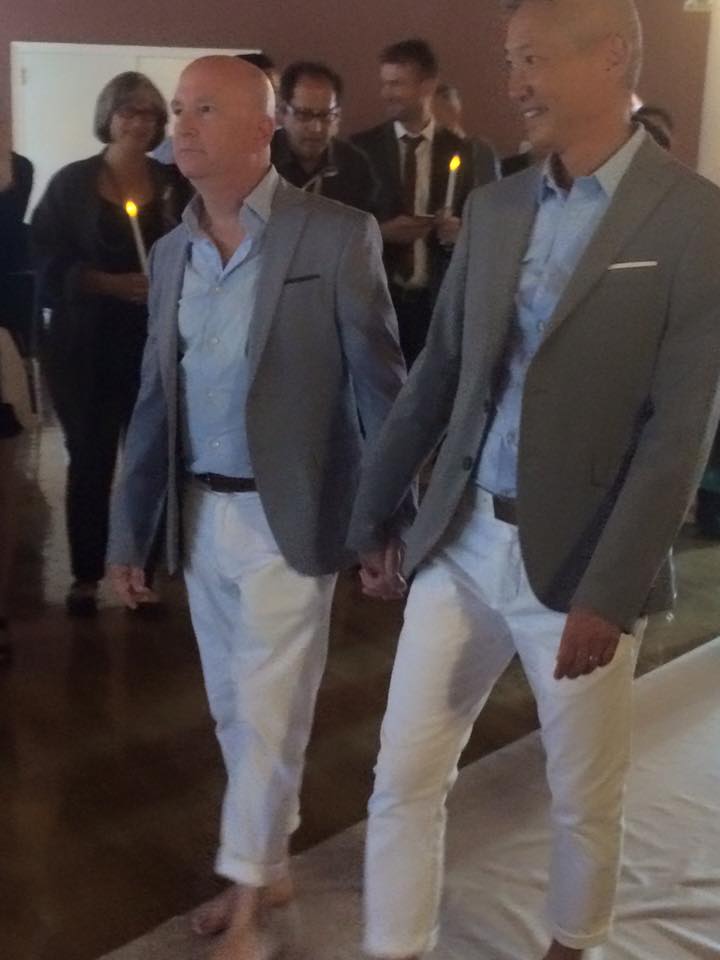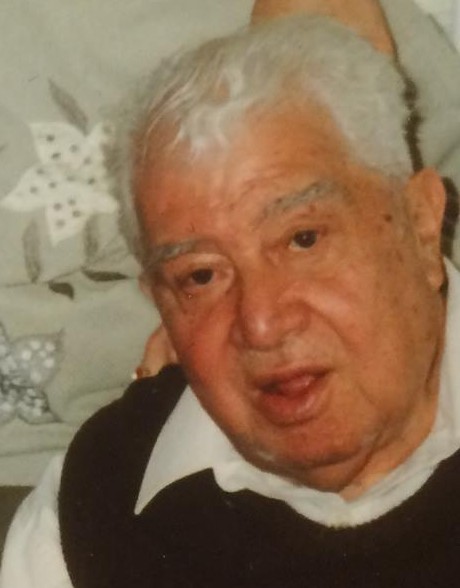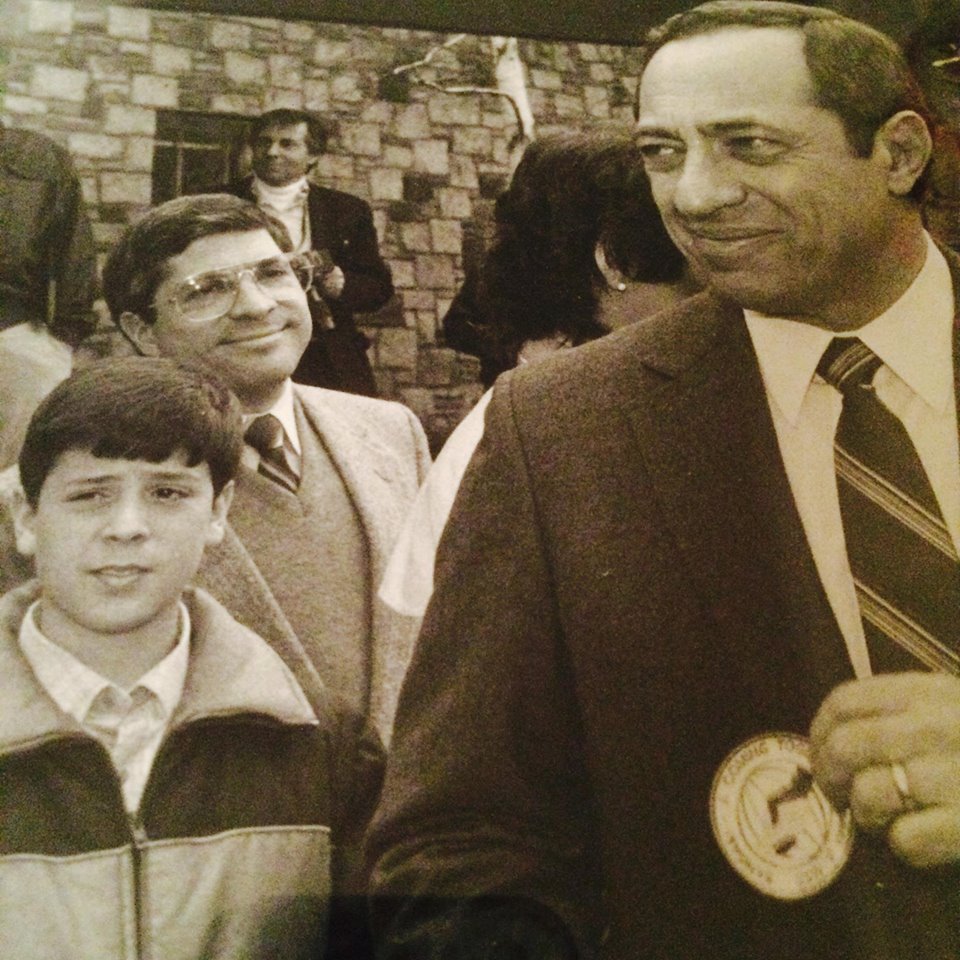The moment we were waiting for, worked toward for decades, had finally arrived.
John and Ignatius, dressed in matching outfits, stood atop a raised platform in front of the spacious, soaring wood-ceilinged room at San Franciso’s Delancey Street Foundation. The setting was perfect for these two men, known well throughout San Francisco and across the United States for their generosity to causes far bigger than themselves. Delancy Street Foundation was created 44 years ago to help people rebuild their lives. John & Ignatius, by adding there enormous credibility and example of commitment to it, were helping to rebuild the institution of marriage.
Together for 25 years, the two of them have devoted much of their time, talent and personal resources to helping others, whether in the areas of public health, or in gaining and strengthening equal rights for the LGBT community or advancing fundamental human rights for all. To know these men was to love them, and a few hundred of us honored to be witnesses at their wedding, were testament to that.
Unlike many other weddings—same sex or opposite sexes–Carol and I have attended in our 43 years of marriage, this one was unique. There were no stretch limos, no lavish floral arrangements, no flowing-lace wedding gowns with receipts as long as their trains, nor any Long Island-style, over-the-top cocktail hours which could feed the entire homeless population of San Francisco.
Everything about the wedding, like the lives of the two men legalizing their long-standing commitment to each other, was centered around service to others. The choice of the location, the non-profit they established to receive donations in-lieu-of gifts, and the simply wonderful way they entered the room: barefoot, walking on a thin, white scrim that made them appear to be walking on a gentle cloud.
When they reached the platform at the front of the room, both paid tribute to the photos of their parents, deceased, which were placed up high in positions of honor. Then, they sat facing each other. With a room full of friends looking on, John & Ignatius performed the most basic act of humility and service, rich in symbolism and religious meaning: they slowly, lovingly washed and dried each other’s feet.
They weren’t elevated in their chairs and paraded around the room; they weren’t surrounded by bookends of bridesmaids and groomsmen, whose dresses, or shirt collars, were uncomfortably tight. It was just Ig & John up there, elevating the institution of marriage by stripping it down to its’ bare essentials—love, honor, sacrifice, service, commitment, community, family—of what mattered most.
I watched them and the words of U.S. Supreme Court Justice Anthony Kennedy’s Majority decision in the marriage equality case, handed down just 12 hours earlier, danced in my head:
“No union is more profound than marriage, for it embodies the highest ideals of love, fidelity, devotion, sacrifice and family. In forming a marital union two people become something greater than they once were…marriage embodies a love that may endure, even past death…they respect marriage so deeply that they seek to find its fulfillment for themselves…They ask for equal dignity in the eyes of the law. The Constitution grants them that right.”
I touched Carol, who was standing next to me. Our marriage of 43 years—our life-long partnership– took on an even deeper meaning. The power of love in our case, and theirs, had overcome all obstacles.
Tears flowed; cellphone cameras created their own cacophony of clicking. Then silence, as the judge proclaimed:
“And by the power vested in me by the State of California, AND the United States Constitution, I now pronounce you married!”
Everyone erupted into wild applause and cheers. I whistled my loudest New York whistle, as if I was rooting on Buster Posey at AT&T Park. It was the first time in 66 years of life, I had ever heard the U.S. Constitution receive raucous reverance at a wedding.
Carol and I looked at each other again, grateful that the uncomplicated love, respect and fundamental rights we were fortunate to share with family and friends four decades earlier, at our simple, little civil ceremony, were finally available to all.





